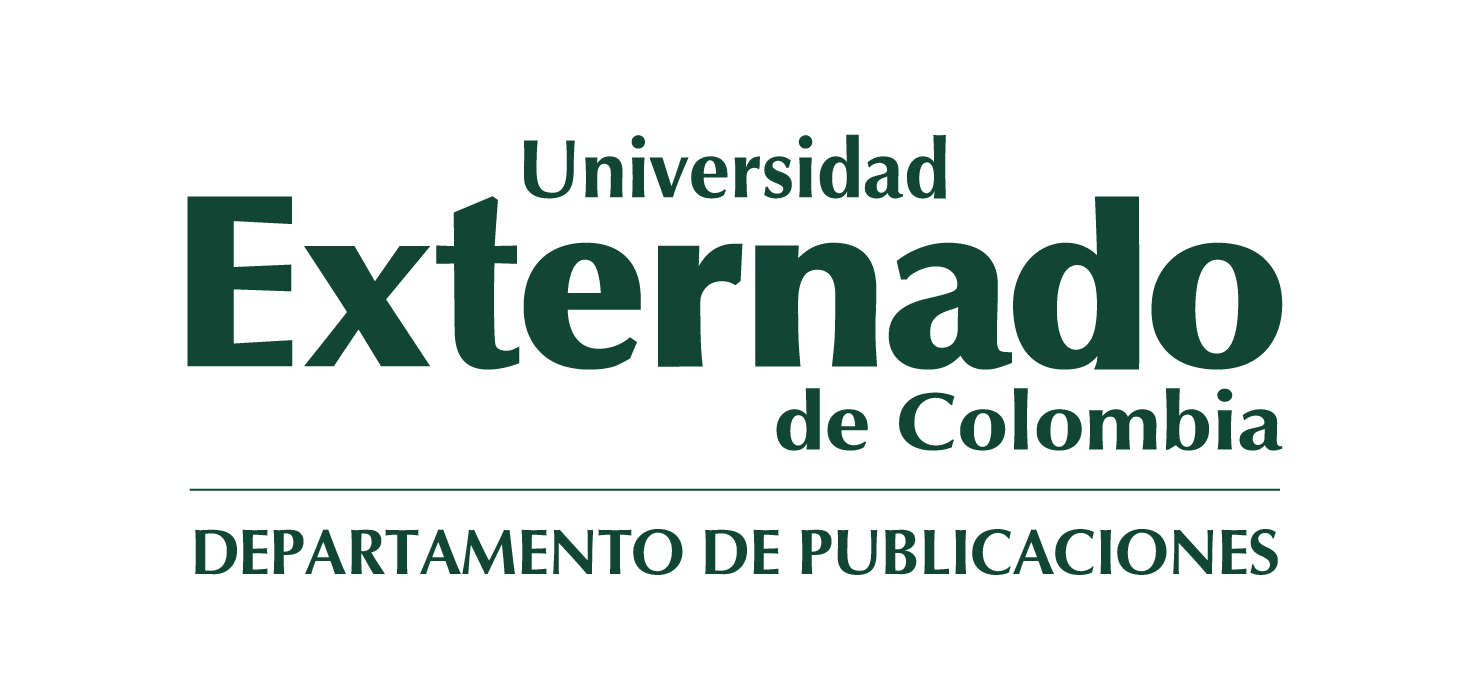El derecho de aguas es una disciplina que por su especial relevancia para la supervivencia del hombre en el planeta viene creciendo de forma especial en el derecho colombiano, el cual, sin duda, reconoce la necesidad de organizar a través del marco jurídico las diferentes actividades humanas que de una u otra manera generan impactos sobre el recurso.
Water law is a discipline that, due to its special relevance for the survival of man on the planet, has been growing in a special way in Colombian law, which, without a doubt, recognizes the need to organize different human activities through the legal framework. that in one way or another generate impacts on the resource.
Despite the importance of this branch of the legal system, Colombia still does not have a legal water statute that regulates and allows for greater coherence to the dispersed regulations that have attempted to regulate the issue. This factor has meant that water law is mainly integrated into norms of civil law and environmental law that cover such relevant aspects as the ownership of water, the ways of acquiring the right to use water, cases of private property, the easements, the actions necessary for their conservation and purification, etc.
Along with the evolution of Colombian water law, international law has also focused its attention on this natural resource, and its position to avoid transnational conflicts due to waters that transcend the borders of the States is becoming clearer every day. and which, by their very nature, require coordinated actions from these entities to avoid environmental, social, cultural, political, etc. impacts. Today's world demands multiple actions that specifically respond to the needs related to water, a resource that seems more scarce every day, and that, for this reason, generates enormous conflicts in a society that cries out for a just social order, based on water management. adequate of this natural element.
Faced with such needs, the Externado University of Colombia, in developing the activities of the Department of Environmental Law and its Research Group, continues to promote the study of this specialty of the legal system, and on this occasion presents Volume VI of the Water Law Collection, which on this occasion has articles submitted by some of the members of the group, as well as national and foreign guests who have wanted to share with us their studies related to this topic. The work has been structured in two parts: the first, referring to international law and the study of some issues in the sphere of legislation other than Colombian, and the second, which focuses on the study of Colombian water law.
PRIMERA PARTE ASUNTOS INTERNACIONALES Y DE DERECHO EXTRANJERO
La gestión de las cuencas transfronterizas en América Latina ante un nuevo capítulo del Derecho Internacional de Aguas Alejandro Iza Juan Carlos Sánchez Matt Hulse
Organizaciones de usuarios y participación en la gestión del agua en el derecho español. Reflexiones generales y consideración de la reciente legislación peruana de aguas sobre estas cuestiones Antonio Embid Irujo
Los conflictos sobre las aguas subterráneas Antonio Embid Irujo
SEGUNDA PARTE DERECHO DE AGUAS EN COLOMBIA
El acceso al agua como derecho humano: protección internacional y jurisdicción constitucional María Belén Olmos Giupponi Martha Cecilia Paz
Marco de referencia para abocar el estudio de los depósitos de aguas Alvaro Hernando Cardona González
Reflexiones sobre el régimen jurídico de los terrenos en contacto con agua en Colombia: cauces y lechos, servidumbres en materia de aguas, lagunas y humedales María Martínez Martínez
Aguas privadas en Colombia María Martínez Martínez
El papel de la mujer en la gestión integral del recurso hídrico Constanza Bejarano Ramos Juliana Hurtado Rassi
La recuperación de cuerpos de agua urbanos en el derecho colombiano: el caso del río Vicachá Claudia María Rojas Quiñónez
Los autores
eBook
Impreso
-

-
María del Pilar García Pachón
-
Abogada de la Universidad Externado de Colombia, especialista en Derecho Minero Energético de la misma casa de estudios. Magíster en Política y Gestión Medioambiental de la Universidad CarlosIII de Madrid (España) y doctora en Propiedades Públicas y Medio Ambiente de la misma universidad. Además, cuenta con un Diploma de Estudios Avanzados (dea) en Derecho Administrativo de la Universidad de Zaragoza (España). Actualmente es directora del Departamento de Derecho del Medio Ambiente de la Universidad Externado de Colombia, profesora en diversos programas de posgrado de la misma universidad y consultora independiente.
-
eBook
Digital: descarga y online - EPUB
Catálogo Universidad Externado:
Impreso
Catálogo Universidad Externado:



